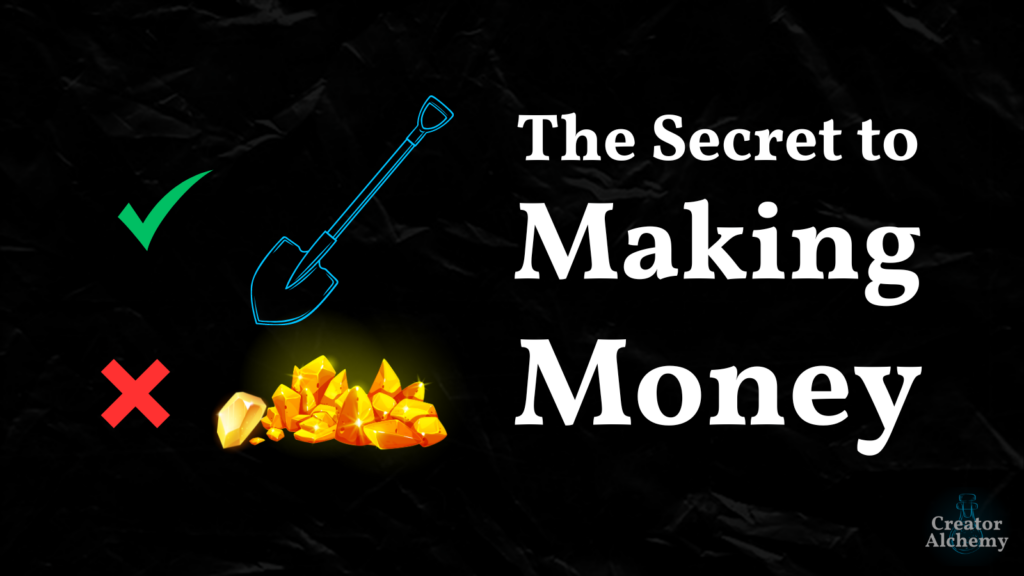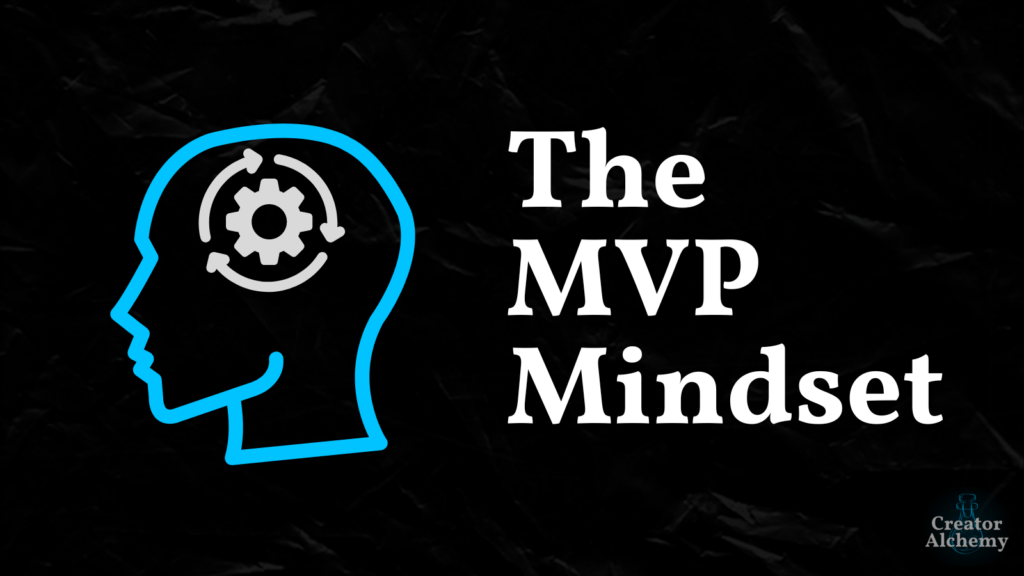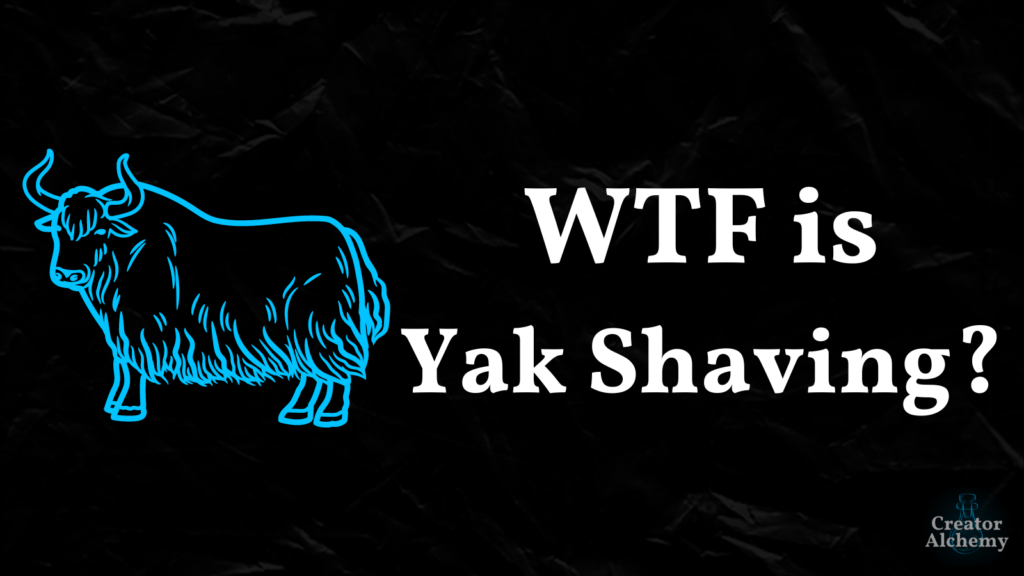One of the most common questions I get is people asking for recommendations on psychology or coaching books.
It’s easy to constantly feel behind and desperately search for the next thing to read—as if finding that one book, that one resource, that one thing, will give you that one insight you’ve been missing that will change your life.
But here’s one of my biggest secrets as a psychologist and coach:
I don’t read psychology or coaching books.
Yet every book I read, every piece of content I consume, and every experience I have, makes me a better psychologist and coach.
How?
Because of one life-changing realization I had years ago…
It’s not what you read.
It’s how you read.
This is why I don’t typically recommend psychology or coaching books.
Because if I tell you what to read, you’ll only have one resource.
But if I show you how to read, you’ll have limitless resources.
This question came up again in a recent Q&A office hour for students in my World-Class Coaching course:

It sparked such a great discussion, that I decided to do a deep dive for you, dear reader.
So today, we’re doing a deep dive into how I approach reading—and life in general—so that you can turn anything you come across into inspiration to use with clients, yourself, and your own content.
Let’s dive in…
•••
How the Lenses of Inspiration Work
When I was in elementary school, my dad worked at a safety supply warehouse. And, like most warehouse workers, he wore these neon yellow safety glasses.

They were supposed to help him see clearer and reduce eye strain while he worked under the bright fluorescent lights, but I didn’t care about that. I just thought they looked super cool, so I swiped a pair.
As soon as I put them on, my perception of the world completely changed.
Suddenly, I could see in a way I’d never imagined.
The lenses were great at filtering out distractions and highlighting unique details in the environment that were invisible before.
It didn’t matter what I looked at—everything was tinted yellow because how I saw the world had changed.
But what does this have to do with reading?
See, the reason I don’t read psychology or coaching books isn’t because most of them suck (although, most pop psych stuff is oversimplified feel-good garbage).
It’s because I spent 12+ years learning how to see the world as a psychologist—so everything I read, see, and do is colored by my psychology lenses:
- When I watch a tv show, I’m assessing how personality differences create compelling characters, conflict, and story progression.
- When I listen to a song, I’m studying how the lyrics echo universal human experiences and how listening to different types of music can impact our thoughts and mood.
- When I read a motivational platitude IG post, I consider the deeper truth it’s rooted in and how I can apply that deeper truth in a future article or with a coaching client.
- When I read a fiction book, I’m pulling out insights for my non-fiction writing. After I read The Alchemist by Paulo Coelho, I wrote 11 Lessons From The Alchemist To Help You Escape Mediocrity, which continues to be one of my most popular articles years later.
- When I have a conversation with a creator, I’m observing patterns between what they claim to struggle with, what strategies have helped them, what goals they have, and what insights they took away from our conversation—then I take these observations and turn them into future content (like this), modules for courses, or mental models to use with coaching clients.
Every conversation. Every experience. Everything. I see through the lens of psychology.
So everything in my environment is inspiration waiting to be discovered.
I just have to learn how to see it.
Because once you learn how to see, you’ll unlock the ability to filter out distractions and highlight unique details in your environment that are invisible to everyone else…
•••
The Power of Wearing Your Lenses of Inspiration
The most successful writers see the world through the lens of writing. “Everything is content,” is a common motto in the writing world. Fiction writers are notorious for turning any experience in their life into a scene, plot, or character in a future novel. Because they’ve learned to see the world through the lens of a writer. So everything they see is potential writing fodder.
The most successful entrepreneurs see the world through the lens of entrepreneurship. One of the entrepreneurs I know owns multiple highly lucrative businesses and is also an attorney and lobbyist. Years ago, his home state passed legislation that basically made it illegal for teenagers to go to the tanning bed. Getting a tan is common for homecoming or prom, so “tanning for teens” is a solid money-maker. The new law made this impossible. When my friend found this out (as an attorney, he pays attention to new laws), he saw it through the lens of entrepreneurship. Yes, tanning beds would be illegal for teens, but teens would still want to look darker/bronzer for dances. Tanning might be illegal, but spray-on tanning wasn’t. Teens didn’t care about getting a real tan, they just wanted to look tan. Looking at this issue through the lens of entrepreneurship allowed him to see the opportunity within the new law. Boom—spray-on tanning for teens.
Robbie Crabtree is a former trial attorney who realized one of the biggest traits the best attorneys had was powerful storytelling skills. So he started studying the craft of storytelling and learned to see the world through the lens of storytelling. Anything from a speech by Steve Jobs, an interview with Lil Wayne, or reading The Art of War teaches him about storytelling because he’s learned how to see, not just what to see. Now, Robbie leverages this ability to teach founders how to become world-class storytellers to sell their vision to investors.
The most successful X see the world through the lens of X—whatever their craft, their profession, their “zone of genius” is—they see the world through its lens.
And that’s what makes them so effective and makes it seem like they can see things the rest of us can’t—because they can.
Their lenses filter out distractions and highlight unique details in their environment that are invisible to everyone else.
So if you want to see what’s invisible to everyone else, to draw limitless inspiration from everything you do, create content effortlessly, and engage in true thought leadership—focus on learning how to see, not what to see.
•••
Questions to Help You Craft Your Lenses of Inspiration
Unique insights are downstream of unique questions.
If you want to see things no one else sees, ask questions no one else asks.
Here are 6 questions to help you craft your Lenses of Inspiration and cultivate unique insights.
Use them throughout your day, anytime you consume content or have a conversation, and during any interaction or experience you have for maximum effect.
- What is the deeper meaning or significance of this that most people would overlook?
- How can I use this to illustrate a point in a piece of content or with a client?
- What ideas, experiences, or insights can I connect this to?
- Who do I know who’d love to learn about this, and why?
- What beliefs does this reinforce or contradict, and why?
- What makes this so powerful?
The main concept behind these questions is learning to connect anything you come across with something you’re already familiar with. Over time, you’ll automatically make these connections—it just takes reps.
Eventually, you’ll put your own spin on these questions or develop new ones—but these are a solid start to helping you craft your own Lenses of Inspiration.
•••
Final Thoughts
How we see matters more than what we see.
Using your Lenses of Inspiration is about intent:
- When you read with the intent to pull out lessons…
- When you speak with the intent to observe patterns…
- When you consume with the intent to develop insights…
When you live with the intent to inspire and to be inspired…
You’ll see the world through your Lenses of Inspiration.
And you’ll unlock the ability to filter out distractions and highlight unique details in your environment that are invisible to everyone else…
•••
P.S.
By the way, I’ve still got my dad’s old safety glasses almost 30 years later. And I still think they’re super cool.




